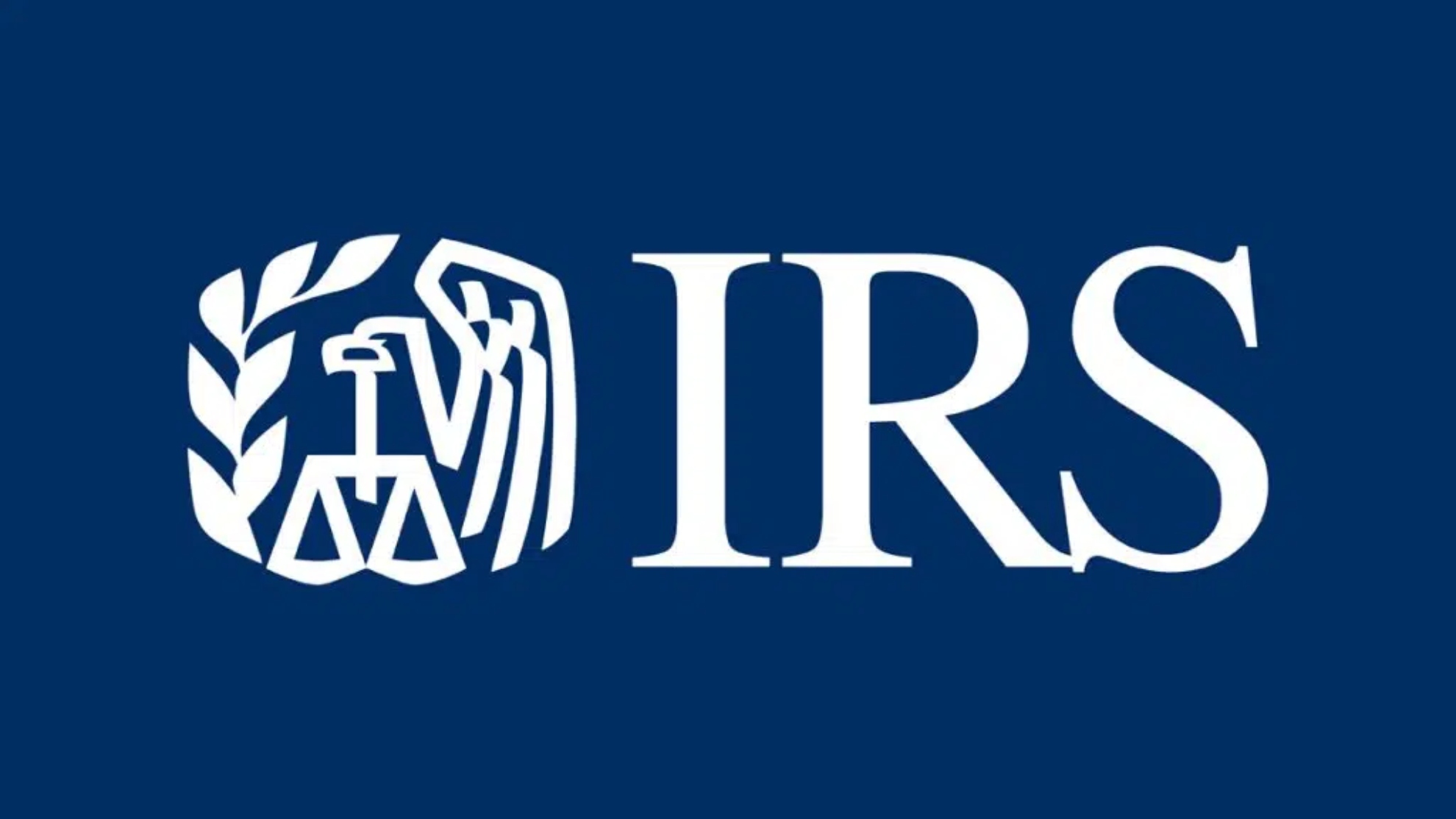The US Internal Revenue Service (IRS) issued IR-2025-41 on 4 April 2025, in which it reminded individuals and businesses in areas covered by 2024 disaster declarations that their 2024 federal income tax returns and tax payments for tax year 2024 are due on Thursday, 1 May 2025.
Taxpayers in three additional states face fall deadlines.
The IRS normally provides relief, including postponing various tax filing and payment deadlines for any area designated by the Federal Emergency Management Agency (FEMA). If a taxpayer’s address of record is in a disaster area locality, individual and business taxpayers automatically get the extra time without having to ask for it.
The current list of eligible localities is always available on the Tax relief in disaster situations page on IRS.gov.
What areas qualify for the 1 May 2025 deadline?
The deadline for 1 May 2025 applies to taxpayers affected by FEMA disaster declarations issued during 2024.
These include:
- Taxpayers in the entire states of Alabama, Florida, Georgia, North Carolina and South Carolina
- Alaska – The City and Borough of Juneau
- New Mexico – Chaves County
- Tennessee – Carter, Claiborne, Cocke, Grainger, Greene, Hamblen, Hancock, Hawkins, Jefferson, Johnson, Sevier, Sullivan, Unicoi and Washington counties
- Virginia – Albemarle, Appomattox, Bedford, Bland and Botetourt counties; Bristol City; Buchanan, Buckingham, Carroll and Charlotte counties; Covington City; Craig County; Danville City; Dickenson and Floyd counties; Galax City; Giles, Grayson, Greene, Lee, Madison, Montgomery and Nelson counties; Norton City; Patrick, Pittsylvania and Pulaski counties; Radford City; Roanoke City; Roanoke, Russell, Scott, Smyth, Tazewell, Washington, Wise and Wythe counties
Further tax filing extensions available
Anyone who needs a tax filing extension beyond 1 May 2025 for the 2024 tax year can get it, but they must request the extra time. This type of filing extension is not an extension of time to pay.
The IRS urges anyone who needs an extension to request it electronically by 15 April 2025.
Though disaster-area taxpayers also qualify to request a tax filing extension between 15 April 2025 and 1 May 2025, these requests cannot be filed electronically. They can be filed only on paper using Form 4868, Application for Automatic Extension of Time to File U.S. Individual Income Tax Return.
Whether filed electronically or on paper, the extension will give taxpayers until 15 October 2025 to file their 2024 return. The IRS emphasised that tax payments are still due by 1 May 2025.
Visit IRS.gov/extensions for details.
Reminder for other disaster area taxpayers
In addition, individuals and businesses can wait until this fall to file their 2024 returns and pay any taxes due. This includes:
- 15 October 2025, for Los Angeles County in California, related to the January wildfires.
- 3 November 2025, for all of Kentucky and Boone, Greenbrier, Lincoln, Logan, McDowell, Mercer, Mingo, Monroe, Raleigh, Summers, Wayne and Wyoming counties in West Virginia.
Special relief for terrorist attacks in Israel
Taxpayers who live or have a business in Israel, Gaza or the West Bank and certain other taxpayers affected by the terrorist attacks in the State of Israel have until 30 September 2025 to file and pay. This includes most returns and taxes due from 7 October 2023 through 30 September 2025, including Form 1040 and 1120 series returns.
What returns and payments qualify for automatic extension?
Eligible returns and payments include:
- Calendar year 2024 partnership and S Corporation returns normally due on 17 March.
- 2024 individual income tax returns and payments normally due on 15 April.
- Quarterly estimated tax payments normally due on 15 April.
- Calendar year 2024 corporate and fiduciary income tax returns and payments normally due on 15 April.
Other returns, payments and time-sensitive tax-related actions also qualify for the extra time. See the Disaster assistance and emergency relief for individuals and businesses page for details.
Other relief
The IRS automatically provides filing and penalty relief to any taxpayer with an IRS address of record located in the disaster area. Taxpayers do not need to contact the agency to get this relief. However, if an affected taxpayer receives a late filing or late payment penalty notice from the IRS that has an original or extended filing, payment or deposit due date falling within the postponement period, the taxpayer should call the number on the notice to have the penalty abated.
In addition, the IRS will work with any taxpayer who lives outside the disaster area but whose records necessary to meet a deadline occurring during the postponement period are located in the affected area. Taxpayers qualifying for relief who live outside the disaster area need to contact the IRS at 866-562-5227. This also includes workers assisting with relief activities who are affiliated with a recognised government or philanthropic organisation.
Individuals and businesses in a federally declared disaster area who suffered uninsured or unreimbursed disaster-related losses can choose to claim them on either the return for the year the loss occurred or the return for the prior year. See Publication 547, Casualties, Disasters, and Thefts, for details.
















